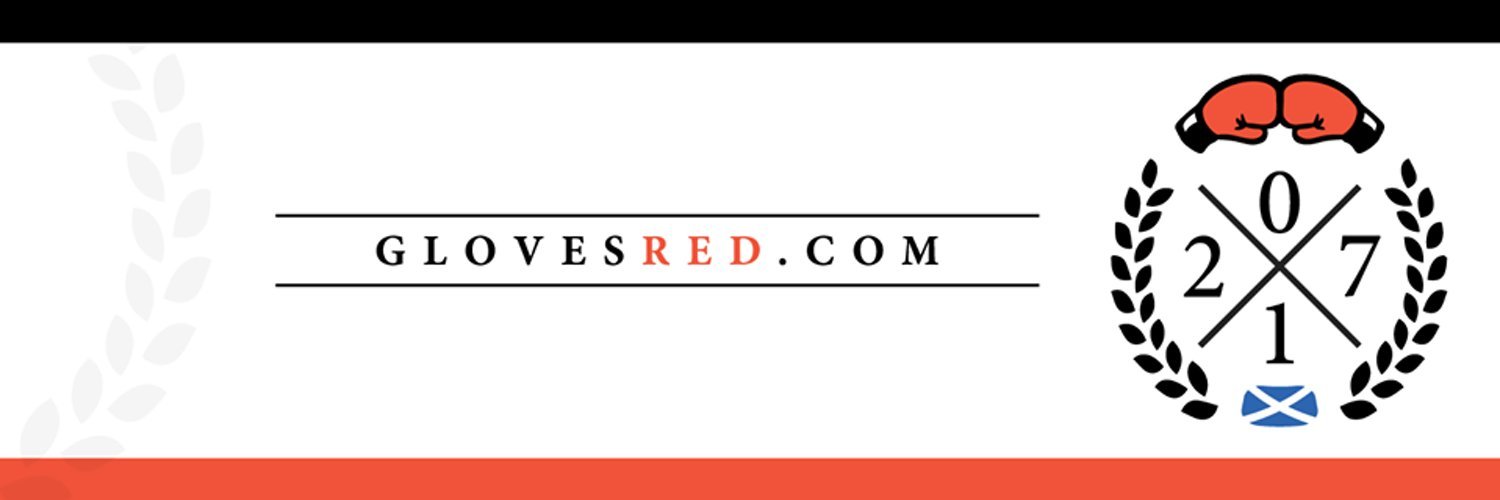“We’re prepared to beat the best” says La Cruz as Cuba allows boxers to compete professionally
Two time Olympic gold medallist, Julio Cesar La Cruz, sat alongside representatives of the Cuban Boxing Federation and National Institute of Sports and Recreation (Inder) on Monday 4 April to announce that Cuban boxers, for the first time since 1962, will be allowed to participate in the professional ranks. All professional sports were prohibited on the island shortly after its socialist revolution in 1959.
“We’re prepared to beat the best rivals in the world”, explained La Cruz during the round table discussion, “and this opportunity will make fighters train more rigorously in the gym”. Capturing the dual sporting and economic spirit of this breakthrough, he added: “it will improve our lives as many of us boxers are the head of our families”.
Cuba has been liberalising parts of its society since the 1990s after the collapse of the Soviet Union, its key trading partner, and the imposition of crippling economic sanctions by the United States. A substantial tourist industry emerged and greater tolerance of small to medium private enterprise was allowed. Boxing, however, remained firmly attached to state control and has been symbolic of its socialist ideology. The small Caribbean island has been amongst the most successful amateur boxing nations despite its limited resources, delivering a great sense of pride for Cubans and their government.
Ariel Sainz Rodríguez, deputy director of Inder, was keen to stress that this was a considered decision, reached after almost a decade of internal debate and planning, which aims to compliment and enhance the existing system of Cuban boxing rather than replace it.
“In the Olympic Games, we have won 41 gold medals and 77 in world championships, which illustrates how our boxers have obtained prestige in world’s sports”.
“Boxing is one of the disciplines that has maintained its structure despite these years of economic damage. We have been able to keep the academies, the Eide, the Giraldo Córdova Cardín, and this has translated into a significant contribution in the promotion of athletes for the national team. Today, we must look at all development strategies. High performance has a different look, and we’re now able to aim higher and have greater scope”.
Sainz described the incremental changes for the sport in Cuba over the last decade. The development of more formal contracts in 2013 which saw boxers received stipulated wages and benefits. In 2014, Cuba participated in the World Series of Boxing, which merged amateur and professional boxing styles and rules. In 2016, Cuban boxing revised its regulations to allow boxers to face professionals in the newly formatted Rio Olympics. La Cruz, of course, beat some professionals en route to his gold medal. And in the run up to Tokyo Olympics, Cuba had eight bouts with international opponents under professional rules, winning six and drawing one. Though subtle, these developments appear to have been strategic, evolving the nation’s approach in a changing world.
Yet, despite these tweaks to the system, the breaking news that professional boxing would be permitted has taken the boxing world by surprise. The liberalisation of boxing may have seemed inevitable but not imminent, and poses questions as to how it will be implemented in a society still loyally attached to ideology.
Alberto Puig de la Barca, president of the Cuban Boxing Federation, explained the agreed rules and developments:
There will be no professional boxing on the island of Cuba
Nominated Cuban boxers will sign a contract - in this first instance, for three and a half years - allowing their participation in international boxing events
The boxers will train at the Cuban boxing school
They will compete with their coaches and their doctor
They will compete with the name of Tamers of Cuba
In a first stage, they will participate in teams of five or six boxers, and will go abroad to fight and then return to the Cuban boxing school
Initially there will be four boxers signing these contracts, and these are the island’s top stars, but a greater pool of boxers will be given the opportunity to participate in events
There is an income policy in the contract that states boxers will be given 80% of their fight purse, from which a percentage should be shared with their coach and medical staff, and 20% will be given to the Cuban Boxing Federation to continue the development and modernisation of boxing in the country
Cuban boxers will compete in five professional events this year in May, June, September, November and December.
The announcement may bring a much needed compromise in Cuba. Whilst the island has nurtured its amateur stars and benefited from their international success, there has been significant embarrassment when its famous boxing sons defect to the United States or Europe, also bringing the stigma of disloyalty to fighters and their families who make that difficult decision. In 2007, after a failed attempt to defect, Guillermo Rigondeaux was publicly shamed by Fidel Castro, labelled a traitor and banned from the sport, before he successfully fled to the US. Its hoped, at least privately, that these changes will halt the exodus of the nation’s top stars, bring in much needed currency to the embargoed country, and achieve a harmony between amateur and professional boxing leading to further prestige.
Rolando Acebal Montes, head coach of the National Boxing Team, confirmed this aim for dual success: "The strategy we have is that our boxers are going to be professional and Olympic champions”.
"We have a strength that is the Cuban School of Boxing, in all the provinces there is a great structure with experienced trainers”.
“We have [over 40 elite boxers] and we are going to make ourselves known throughout the world because we will be at the Olympic events and on the professional circuits, and we plan to fight not only in America, but also in Europe”.
Sources: JIT - Publicación del Instituto Nacional deDeportes, Educación Físicay Recreación INDER, Mesa Redonda, and Cuba Debate.
